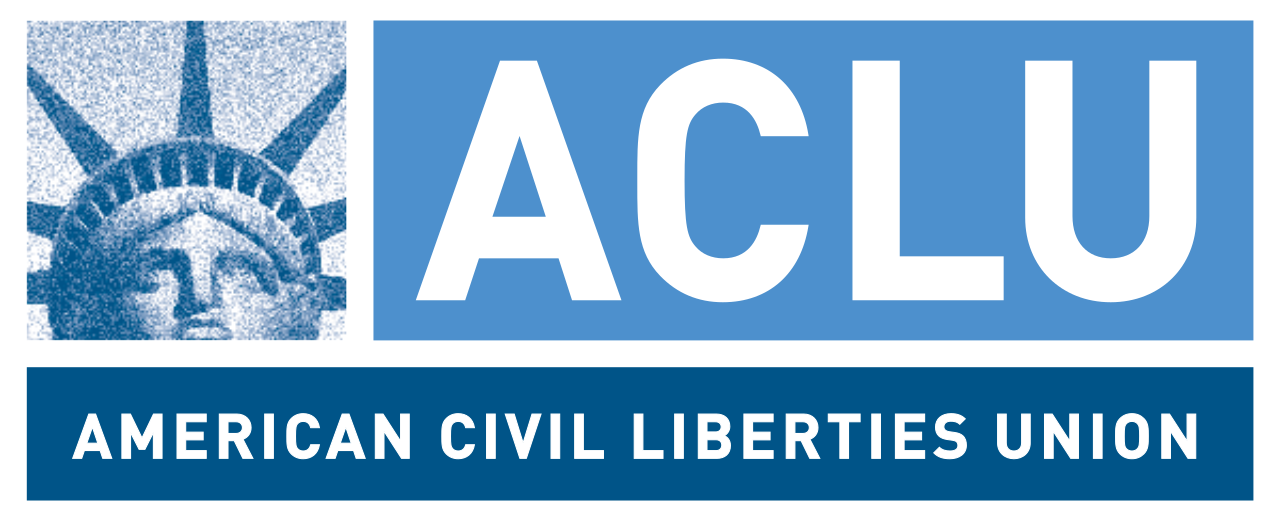Requiring Validation – A Consumer’s “Secret Weapon”
In my opinion, requiring that a debt collector validate or verify your debt when they first contact you is underused as a weapon. It’s easy and free for you to do (and isn’t hard for them to answer, either), but surprisingly often it can lead to the debt collector walking away and leaving you alone.
The Fair Debt Collection Practices Act (FDCPA)
The Fair Debt Collection Practices Act (FDCPA) gives someone being harassed by debt collectors several useful tools. One of the best of these tools is requiring verification.
A “Secret”(?) Weapon
There’s nothing secret about requiring verification, but in my opinion consumers don’t use this one often enough. It costs nothing to use, takes very little time, and often, all by itself, is enough to convince them to leave you alone and look somewhere else for their victims.
The Right to Verification
Under the FDCPA, the first written communication from a debt collector must inform the consumer of his right to require verification of the debt (if the request is made within 30 days). Verification, or validation requires the collection company to go back to its source, the original creditor, and make sure that the consumer being contacted is the correct person and the debt is valid. Until the debt is validated, the collector may not take any further action on collecting the debt, and at least all the cases I’ve seen have included within that restriction any reporting of the debt to the credit reporting agencies. If the debt collector proceeds without verifying the debt first, you have a right to sue it.
The Requirement Is Absurdly Easy to Fulfill
The obligation is not very significant-a phone call will do, perhaps even as little as a checking of the computer tape or digital record. And yet even this minor obstacle will make the collection company go away surprisingly often. Perhaps the debt collectors view the early assertion of consumer rights as a warning of trouble to come.
Forming Good Habits Early On
And for the consumer, forming the habit of asserting legal rights seems to be an important step in bringing the whole debt situation under control. Out of this small acorn can grow a strong tree of financial security.
How to Require Validation
The way to require verification is very simple. When you receive a debt collection letter you simply write back to the debt collector and tell it you dispute the debt and request immediate verification. No special wording is required–nor is any special delivery (like registered mail), but I always suggest that you in fact send the request by registered mail, return receipt requested, so you will be able to prove that you wrote the letter, sent it, and that it was received by the debt collector. It is also a good idea to keep a copy of the actual letter that you send, too.
What If They’re Just Calling You?
But what happens if you’re just being telephoned by the debt collector? Under the FDCPA, a phone collector is required, within five days of the first contact, to send you, in writing, a notice of your right to dispute the debt and request verification. Failure to do so is a violation of the FDCPA that gives you the right to sue the company. And note that every communication from the debt collector should also have what we call the “mini-Miranda” disclosure, that “this communication is from a debt collector and any information you give may be used to collect a debt.”
Require Verification from EVERY Debt Collector
Every debt collector is different, and each one is required by law to provide you the right to dispute the debt and require verification. But by “debt collector” I mean the company that is harassing you, not the individual who happens to be calling you for that company.
Get in the habit of standing up for your rights, starting with the right to seek verification. Debt collectors are looking for the easiest way to make their profit, and standing up for your rights lets them know you won’t be easy.
What to Do Now
You will find information on many issues that come up in debt litigation and materials you can use to defend yourself here at our site. But for much more help, you should consider joining us.


